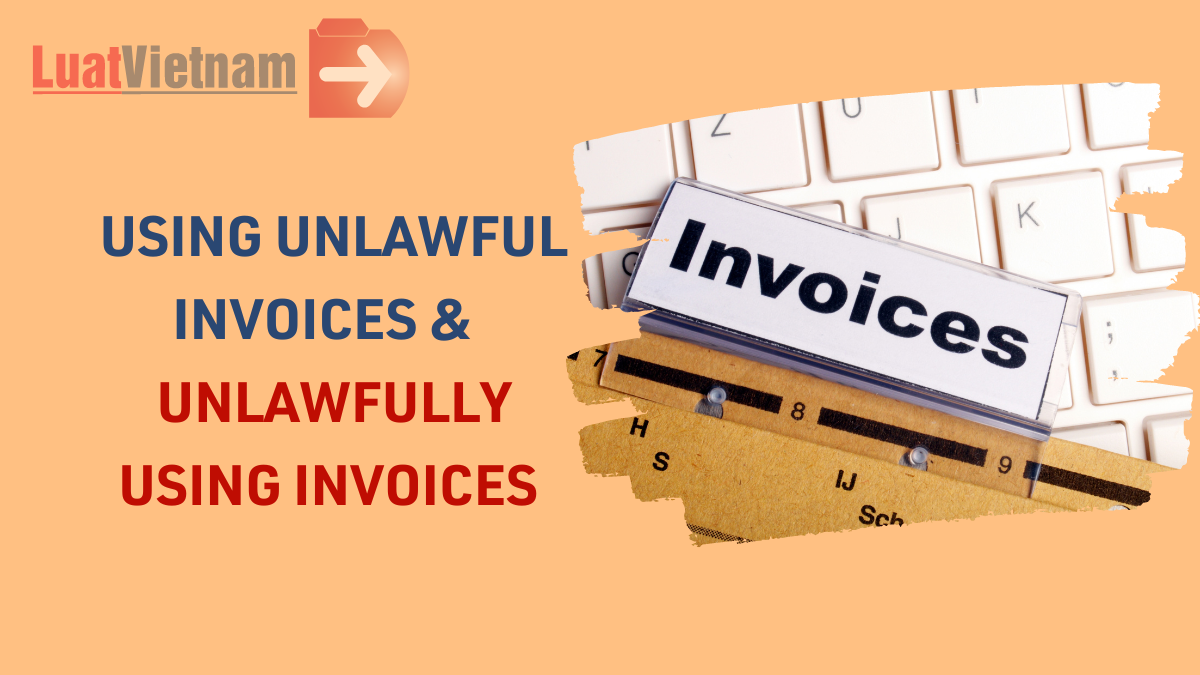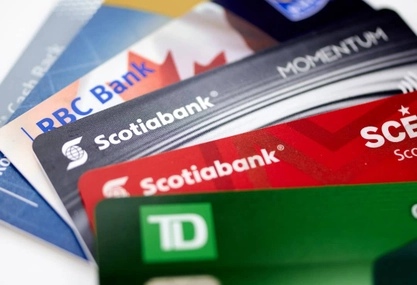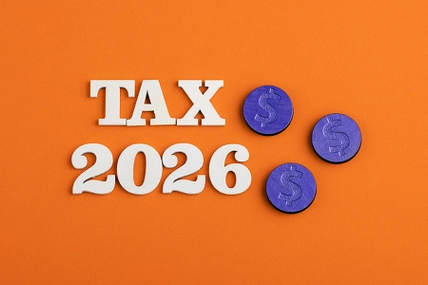Many enterprises are using unlawful invoices; unlawfully using invoices for making the tax. Having a deep and right understanding of using unlawful invoices; unlawfully using invoices for making the tax and sanctioning levels shall help to avoid these behaviors.
What is the use of an unlawful invoice?
Pursuant to Clause 9, Article 3, Decree No. 123/2020/ND-CP, the use of an unlawful invoice means the use of an invoice in the following cases:
(1) The use of invoices with insufficient compulsory contents as prescribed
(2) Invoices erased or modified in contravention to law;
(3) The use of fraudulent invoices or documents (i.e. invoices or documents with economic norms and contents but the whole or a part of goods or service purchase is unreal);
(4) The use of invoices that do not reflect the actual value incurred, or creating of invoices without real transactions or counterfeit invoices;
(5) The use of invoices with differences in goods or service values or with differences in compulsory items among invoice sheets;
(6) The repeated use of invoices when transporting goods for sale, or the use of invoices of certain goods or services for evidencing other goods or services;
(7) The use of invoices or documents of another organization or individual (except for tax agencies’ invoices and the case of being authorized for creating invoices) for legalization of brought goods or services or sell goods or services;
(8) the use of invoices or documents concluded by tax agencies or public security offices or other functional agencies as unlawful.
Besides, enterprises and other business organizations, accountants must understand the uses of an unlawful invoice as follows:
(1) The use of a counterfeit invoice or document (an invoice printed or created notified to be issued by another organization or individual, or printed or created with the same serial number of an invoice or document with the same symbol or forged from an e-invoice or e-document).
(2) Invoice or document without validity or with expired validity;
(3) Invoice no longer in use during the coerced period by the methods of stop using invoice, unless otherwise permitted by the tax agency’s notice;
(4) The use of e-invoice without registration for the use of that e-invoice with the tax agency;
(5) The use of an e-invoice without the tax agency’s code in the case of using e-invoices with the tax agency’s code;
(6) The use of goods sale or service provision invoice that is created from the date on which the tax agency determines that the seller does not operate at the business address registered with the competent state agency;
(7) The use of goods sale or service provision invoice that is created earlier than the date of determining that the invoice or does not operate at the business address registered with the competent state agency, or without tax agency’s notice on the fact that the invoice does not operate at the business address registered with the competent agency,

Sanctioning of the acts of using an unlawful invoice
The acts of using an unlawful invoice prescribed in Point dd, Clause 1, Article 16, and Point d, Clause 1, Article 17, Decree No. 125/2020/ND-CP shall not be applicable to the sanctioning of the acts of using an unlawful invoice and using an invoice illegally.
Therefore, the sanctioning of the acts of using unlawful invoices and unlawfully using invoices is as follows:
(1) Sanctioning of the acts of using unlawful invoices and unlawfully using invoices
* Sanctioning forms and levels
Clause 1, Article 28, Decree No. 125/2020/ND-CP prescribes a fine from VND 20,000,000 to VND 50,000,000 shall be imposed for the acts of using unlawful invoices or unlawfully using invoices except for the cases specified at Point dd, Clause 1, Article 16 and Point d, Clause 1, Article 17 of the Decree 125/2020.
* Remedial measures:
- Forcible destruction of used invoices
(2) Sanctioning of the acts of making the incorrect declaration, leading to sufficiency in the payable tax amount, or an increase in the exemptible, reducible or refundable tax amount (applicable to acts prescribed in Point dd, Clause 1, Article 6 of the Decree No. 125/2020/ND-CP)
* Acts of application
Using unlawful invoices and documents to account for bought goods and service values in order to reduce the payable tax amount or increase the exemptible, reducible or refundable tax amount, but when such violation is discovered by the tax agency through tax examination or inspection, the buyer proves that the sellers are responsible for the use of unlawful invoices and documents, and the accounting has been sufficiently done by the buyer
* Sanctioning forms and levels
A fine equal to 20% of the under-declared payable tax amount or the exemptible, reducible or refundable tax amount that is higher than prescribed
* Remedial measures:
The violators shall be applicable to the remedial measures besides the application of administrative violations as follows:
- Forcible full payment of the deficit tax amount and the exemptible, reducible or refundable tax amount that is higher than prescribed in the state budget.
If past the statute of limitations, the taxpayer shall not be sanctioned (no fine of 20%), but he/she/it must make full payment of the deficit tax amount, the exemptible, reducible or refundable tax amount that is higher than prescribed and the late-payment interest into the state budget according to the time limit.
- Forcible adjustment of the loss and the deductible input value-added tax amount transferred to the next period (if any).

(3) Sanctioning of the tax evasion (applicable to the acts in Point d, Clause 1, Article 17, Decree No. 125/2020/ND-CP)
* Acts of application
Using unlawful invoices; unlawfully using invoices for making the tax declaration that leads to a decrease in the payable tax amount, or an increase in the exemptible, reducible or refundable tax amount;
* Sanctioning forms and levels
- A fine equal to 01 time of the evaded tax amount shall be imposed on the taxpayer that commits from 01 aggravating circumstances.
- A fine equal to 1.5 times of the evaded tax amount shall be imposed on the taxpayer that commits any of the acts of violation without extenuating or aggravating circumstances
- A fine equal to 02 times of the evaded tax amount shall be imposed on the taxpayer that commits any of the acts of violation with an aggravating circumstance.
- A fine equal to 2.5 times of the evaded tax amount shall be imposed on the taxpayer that commits any of the acts of violation with two aggravating circumstances.
- A fine equal to 03 times of the evaded tax amount shall be imposed on the taxpayer that commits any of the acts of violation with 03 aggravating circumstances or more.
* Remedial measures:
The violators shall be applicable to the remedial measures besides the application of administrative violations as follows:
- Forcible full remittance of the evaded tax amount into the state budget.
In case where the statute of limitations for sanctioning of the acts of tax evasion is past, the taxpayer shall not be sanctioned for the acts of tax evasion, but he/she/it must make full payment of the evaded tax amount and the late-payment interest calculated on such evaded tax amount into the state budget according to the time limit.
- Forcible adjustment of the loss and the input value-added tax amount deducted on the tax dossier (if any).
Here are the acts of using unlawful invoices and unlawfully using invoices and the attached files.











